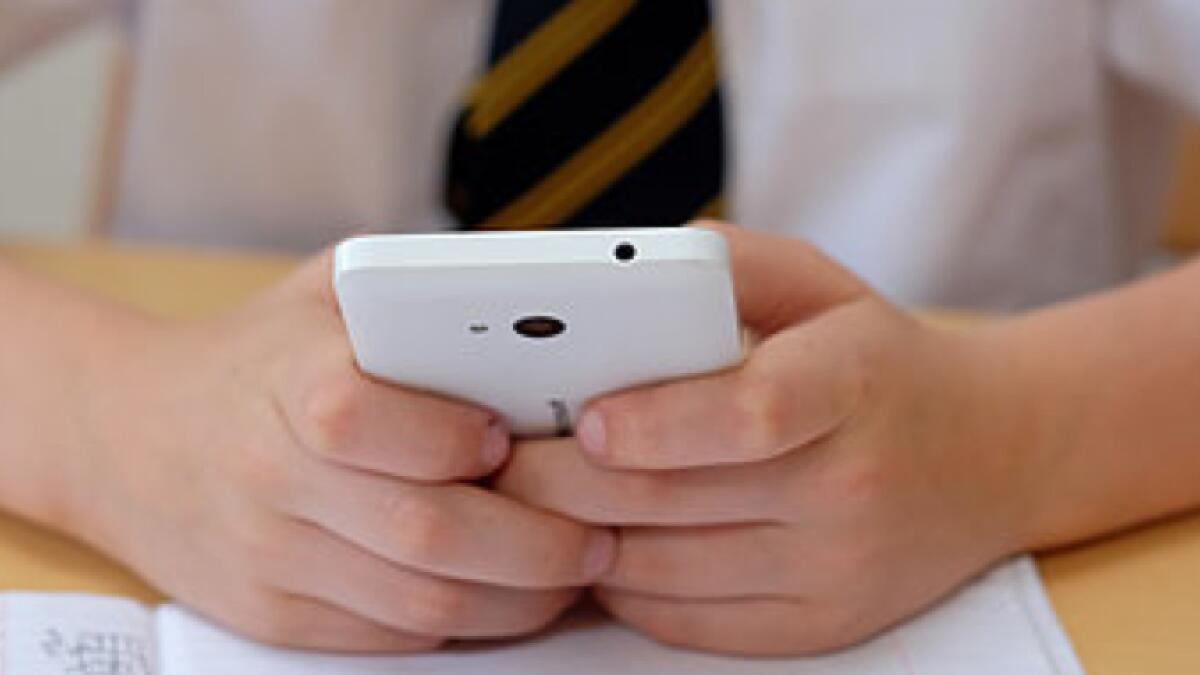In a recent move that made global headlines, the Netherlands implemented a ban on smart devices in schools, labeling them as distractions that hinder academic performance and social interaction. However, many schools in the UAE had already implemented similar measures much earlier. This ban prohibits students at primary and secondary schools from using cell phones, smartwatches, and tablets. In February, England also enacted a ban on mobile phones in schools. While some countries are just beginning to enforce such policies, schools in Dubai have established their own regulations to manage the use of technology among students.
Education experts in Dubai schools emphasize the importance of responsible technology use. Lisa Johnson, Principal of the American Academy for Girls in Dubai, stated that while students are allowed to carry phones, they are not permitted to use them in class without explicit teacher permission. The school has a graduated consequence system in place for violations, ensuring that classroom time remains focused and free from unnecessary distractions. School leaders focus on educating students about appropriate use of technology and the health risks associated with excessive screen time.
To encourage responsible tech use and face-to-face interaction, some schools in Dubai have implemented innovative strategies. Grade 1 students and up are required to have laptops or tablets with similar capabilities to smartphones. Some schools have introduced timed tech zones during break times, allowing limited device use in designated areas. Schools are also considering implementing a system where students would need to use exercise equipment as a ‘ticket’ for technology use during breaks, promoting physical activity alongside technology use.
Principals in Dubai schools highlight the use of strong filters on school networks to block access to social media sites, minimizing distractions and protecting students from inappropriate content. While discouraging the use of technology during breaks, schools guide students on wise and productive device use. Physical activity alongside technology use is encouraged, emphasizing a balance between screen time and other activities. Regular sessions are held for parents to discuss technology use with educators, highlighting the importance of a strong home-school partnership in managing technology use.
While schools in Dubai encourage the responsible use of technology, some institutions, particularly those following the Indian curriculum, enforce a strict no-phone policy on their premises. Deepika Thapar Singh, CEO-Principal of Credence High School, stated that they have established a no-mobile-phone policy on campus to create a focused and engaging learning environment for students. The school utilizes a user-friendly school Enterprise Resource Planning (ERP) system to facilitate communication between parents and teachers, ensuring prompt assistance in case of emergencies. School heads underscore the importance of using technology as a tool to enhance learning, focusing on effective lesson planning and engagement rather than solely relying on technology for its own sake.





















